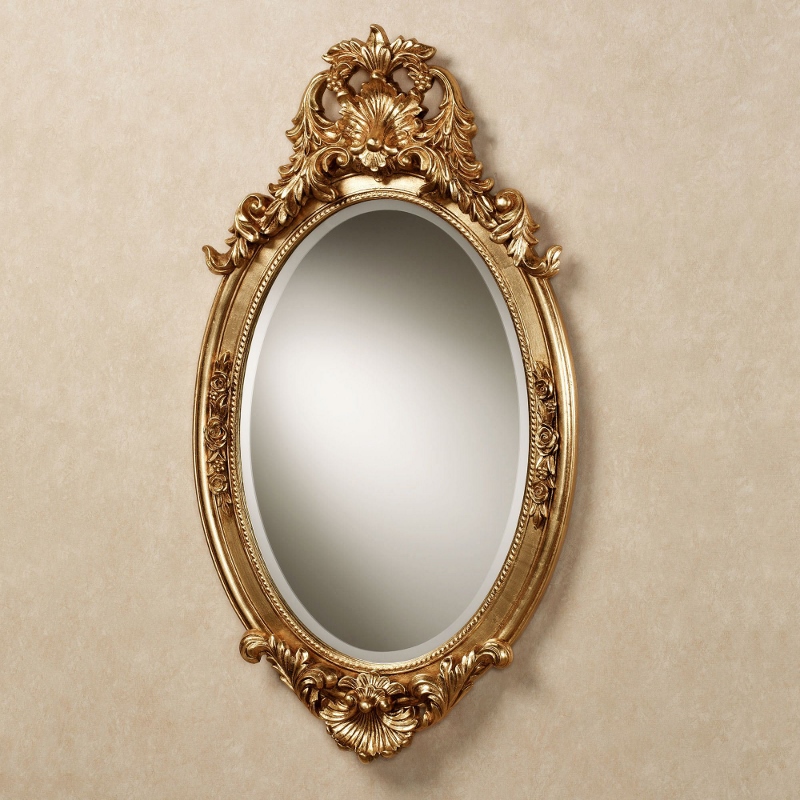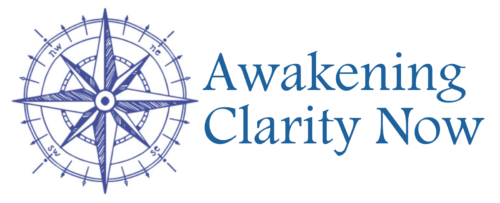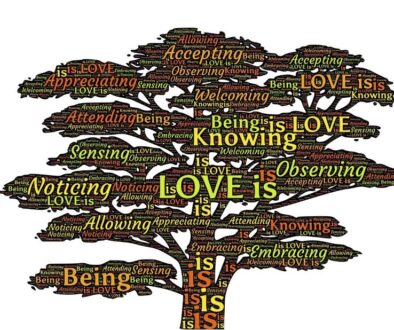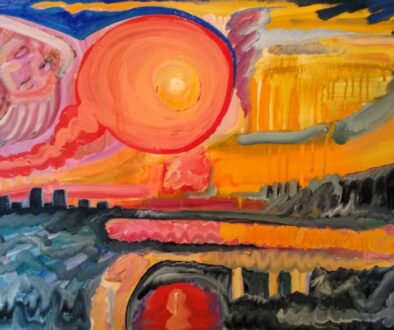Forgive My Appearance by Kathleen Sutherland

Forgiveness is a dualistic concept, requiring a transgressor and an injured party. But its practice brings to light our unity.
Why forgive wrongs? Many reasons: we love the person (if not their action). We want to free our own minds from resentment. We recognize that we have done wrong, too, and hope to be shown the same mercy. Or we simply want to extend compassion and kindness to others.
I am not Kathleen. I am also (thank goodness) not Stalin or Hitler. But I do have the experience of being Kathleen, and I also have had the experience of being a despot. I am as much Hitler as I am Kathleen. This is a disturbing thought, but one that must be faced if I am committed to standing as awareness. I am all things and all people. Nothing or no one is excluded. I cannot, as Oneness, identify with only the bright side of humanity and distance myself from My shadow side.
Forgiving is not condoning. But does it ease the burden, the consequences for the wrongdoer? If the wrongdoer welcomes forgiveness, it means they have been long carrying guilt and remorse, which is enough of a burden. The unrepentant are indifferent toward forgiveness, or even affronted by it. In their mind, they have done nothing wrong. So forgiveness does not condone or lighten the burden of wrong actions. Its power and purpose is in dissolving the sense of separation between people and reestablishing the bonds of love.
The practice of forgiveness is not easy. It means revisiting old, hurtful memories. It means taking time each day to search the mind for judgment and resentments, and this means confronting the apparent existence of evil in the world. I forgive those who abuse others, those who exploit, those who murder. I forgive the world and Oneness for giving rise to all this. I forgive humanity for what it is (as it appears to me). I forgive nature for its apparently cruel ways.
I also forgive myself. In fact, in reviewing past wrongs, my attention reflects back onto myself more often than to others. I have been fortunate in this lifetime not to have been especially mistreated or oppressed. But I am keenly aware of my own history of misdeeds. Often I have been selfish, unkind and unethical. As such memories surfaced, I would write or think, “I forgive myself for…” I often felt uncomfortable with this. Was I letting myself off the hook? Didn’t I deserve self-condemnation? But I found that this practice actually helped to diminish the sense of self and ego. Am I alone unworthy of pardon, though I’m willing to grant it to others?
Forgiveness brings understanding and compassion. We are all imperfect; we all make mistakes. Some of us have done or continue to do terrible things. But we are all one. I am grateful that I did not awaken this morning with a fevered mind, plotting a murderous rampage. There is no free will (though we still must act “as if”). Conditioning meets circumstance, sometimes with tragic consequences. I can only be grateful that, for today, the conditioning and circumstances of this unit do not compel it toward dreadful acts.
Forgiveness is an aspect of acceptance. It means accepting people as they are. It means accepting nature and the world and God as they are, or, more accurately, as they appear to be, in this particular dream, at this particular time.
Forgiveness requires humility and trust. I must suspend any belief that I know what’s going on, and that I can therefore be the judge of such.
Ultimately, forgiveness is love. Resentments lift easily when motivated by love. If reality is one, then I cannot pick and choose what or whom to love. We may easily recognize the truth of the nondual teaching that “nothing is excluded.” But exploring and embracing its full implications can be harder. Genocidal tyrants are included within the circle of Who I Am. Either such individuals are loved, or no one is loved. There can be no segregation. There are not the loved and the shunned, the saved and the damned. No one is untouched by the light and the grace of forgiveness, of Love.
Things are not as they appear. Appearances, like the snake in the rope, can be distressing and terrifying. But once knowledge dispels ignorance, the apparition disappears. So there is nothing or no one to forgive, for no one has done wrong. Many have appeared to do wrong, and this illusion will continue. I will avoid wrongdoing myself as best I can, and help others to do the same. But when I or they appear to do wrong, I will continue to forgive.
The appearance is the extent of the evil. And appearances are delusion. I forgive this delusion, which is really nothing other than my own ignorance, and I rest secure in knowing that the truth is good. The truth does not need forgiveness, only understanding.
Forgive the world its appearance. In dropping all illusion, in lifting the veil, we see that it is and always has been perfect and pristine. It is uncreated, untouched and unbound. Forgive My appearance, for you are me, and we are all so much better than we may sometimes appear to be.
Kathleen Sutherland is a student of The Living Method and is editor of ACN. She lives in Iowa.





June 8, 2018 @ 7:19 pm
As always, beautifully expressed.
June 9, 2018 @ 5:25 am
Absolutely wonnderful. Thank you Kathleen!! <3
October 29, 2018 @ 9:51 am
❤️
July 19, 2018 @ 8:10 pm
Thank you Kathleen.
I aspire for your clarity. But for now mine is doing ok.
July 19, 2018 @ 9:04 pm
You’re welcome, Tom. Yes, you are as clear as you need to be right now.